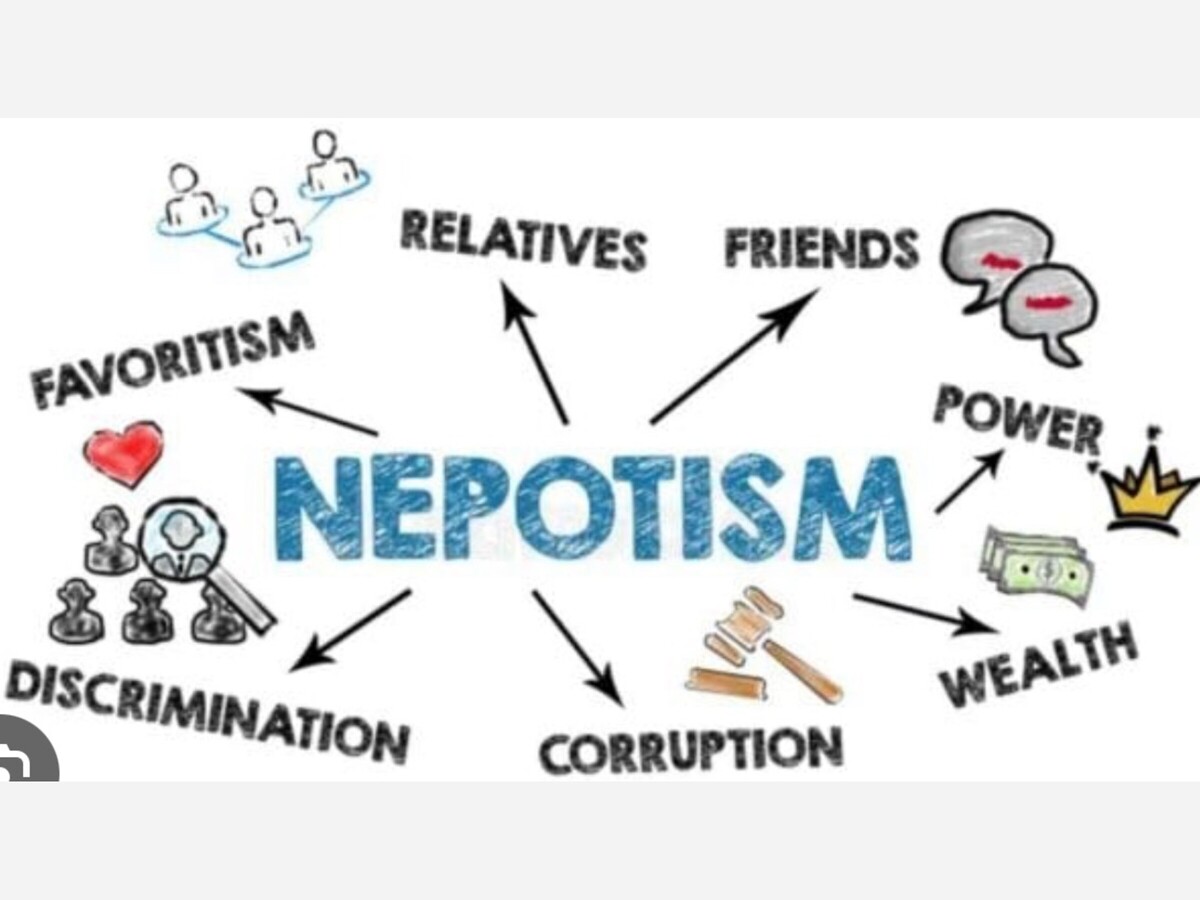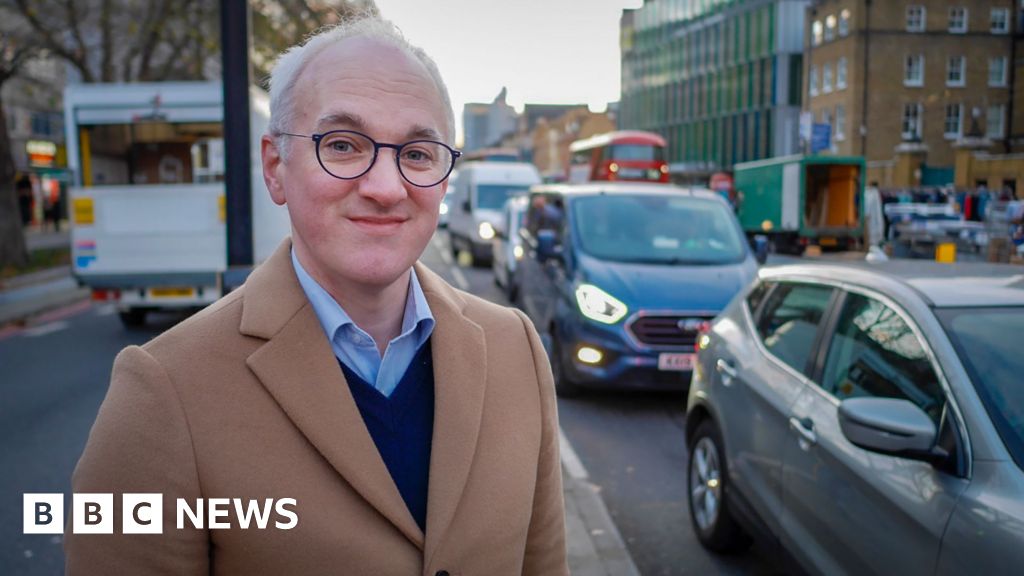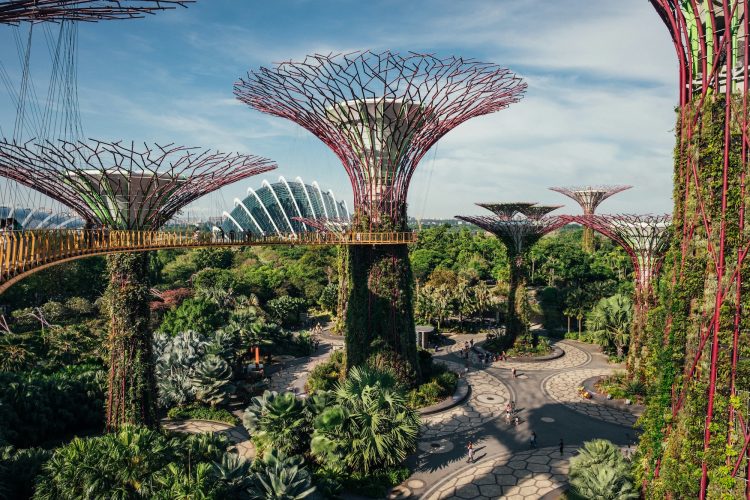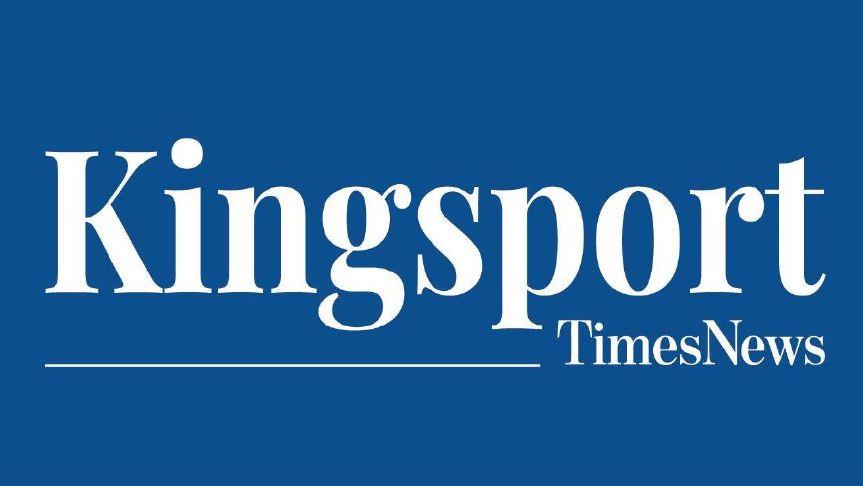LEDA in Alamogordo: Economic Engine or Political Slush Fund? – 2nd Life Media Alamogordo Town News

Report on the Allocation of LEDA Funds in Alamogordo and Implications for Sustainable Development Goals
Executive Summary
The City of Alamogordo faces a critical decision regarding the allocation of $1.9 million in Local Economic Development Act (LEDA) funds. A controversial proposal to grant the full amount to a business owned by a City Commissioner’s relative has raised significant concerns about governance, transparency, and the effective use of public funds to achieve sustainable development. This report analyzes the situation in the context of the Sustainable Development Goals (SDGs), particularly SDG 8 (Decent Work and Economic Growth), SDG 11 (Sustainable Cities and Communities), and SDG 16 (Peace, Justice and Strong Institutions).
LEDA Funding: Purpose and Past Challenges
The Role of LEDA in Local Economic Growth
The New Mexico Local Economic Development Act (LEDA) is a legislative tool designed to foster public-private partnerships to stimulate local economies. It serves as a critical mechanism for municipalities to pursue SDG 8 by creating jobs and expanding economic opportunities. However, its effectiveness is contingent upon transparent and accountable management, a core principle of SDG 16.
Historical Context: A Challenge to Institutional Trust (SDG 16)
Alamogordo’s history with LEDA-funded projects includes the troubled Family Fun Center initiative, which faced scrutiny from the New Mexico State Auditor for mismanagement and potential statutory violations. This precedent underscores the importance of robust oversight to ensure public funds contribute to genuine community development rather than becoming liabilities. The subsequent revival of the center under a partnership with the Mescalero Apache Tribe’s Inn of the Mountain Gods demonstrates a successful model of public asset management aligned with SDG 17 (Partnerships for the Goals).
Analysis of Current LEDA Proposals
The City Commission is evaluating two distinct proposals for the remaining LEDA funds, presenting a clear choice between competing visions for community development.
Proposal 1: Xtreme Amplitude Expansion
- Funding Request: $1.9 million (the entire remaining balance).
- Proponent: A business owned by the sister-in-law of City Commissioner Stephen Burnett.
- Projected Outcome: Creation of 12 part-time jobs.
- Staff Recommendation: Approximately $460,000.
Proposal 2: The Sedora Apartment Project
- Funding Request: Approximately $600,000.
- Projected Outcome: Development of affordable housing for military personnel and creation of several high-paying, full-time positions.
Alignment with Sustainable Development Goals
SDG 8: Decent Work and Economic Growth
A comparative analysis reveals a significant disparity in the potential for the two projects to advance SDG 8.
- The Sedora Project: This initiative directly supports the creation of decent work by generating high-paying, full-time jobs. Its focus on infrastructure development provides a sustainable economic stimulus.
- The Xtreme Amplitude Proposal: The proposed allocation of $1.9 million for 12 part-time positions represents an exceptionally high public subsidy per job. This raises questions about its efficiency and long-term contribution to sustainable economic growth, as LEDA incentives are typically linked to permanent, full-time employment.
SDG 11: Sustainable Cities and Communities
The Sedora Apartment project is strongly aligned with SDG 11 by addressing a critical need for affordable housing. By supporting military families associated with Holloman Air Force Base, the project enhances community resilience, strengthens regional partnerships, and contributes to a more inclusive and sustainable urban environment.
SDG 16: Peace, Justice and Strong Institutions
The controversy surrounding the Xtreme Amplitude proposal directly challenges the principles of SDG 16.
- Conflict of Interest: The advocacy for the project by a commissioner with familial ties to the business owner raises allegations of nepotism and contravenes the expectation of impartial governance.
- Institutional Accountability: The push to approve a funding level more than four times the amount recommended by city staff undermines established vetting processes and weakens institutional integrity.
- Public Trust: Proceeding with a proposal that appears to prioritize personal connections over measurable public benefit risks eroding public trust in local government, which is fundamental to building strong and effective institutions.
Conclusion: A Decision on Sustainable Governance
The upcoming vote by the Alamogordo City Commission is a referendum on its commitment to sustainable development principles. The choice is between a project that offers a clear return on investment aligned with SDG 8 and SDG 11, and one that raises serious questions about ethics, accountability, and the responsible stewardship of public resources central to SDG 16. The decision will significantly impact the city’s trajectory toward building a resilient economy, a sustainable community, and trustworthy governing institutions.
1. SDGs Addressed or Connected to the Issues Highlighted in the Article
SDG 8: Decent Work and Economic Growth
- The article’s central theme is the use of the Local Economic Development Act (LEDA), a state law “designed to spur economic growth at the local level.” The entire debate revolves around using public funds to “create jobs and expand the local economy,” which is the core mission of SDG 8.
SDG 9: Industry, Innovation and Infrastructure
- The article discusses several local infrastructure and business development projects. These include the failed “Family Fun Center,” the proposed expansion of the “Xtreme Amplitude” business, and the “Sedora Apartment project.” These projects represent local efforts to build infrastructure and support industrial/commercial enterprises, aligning with SDG 9.
SDG 11: Sustainable Cities and Communities
- The issues discussed are deeply rooted in local community development. The article highlights a “critical shortage of affordable housing for military families,” which the Sedora Apartment project aims to address. The debate over the proper use of public funds for community benefit versus private gain speaks to the challenge of creating sustainable and inclusive communities.
SDG 16: Peace, Justice and Strong Institutions
- This is a primary focus of the article. It details allegations of “nepotism,” “favoritism,” and “conflict of interest” within the Alamogordo City Commission. The scrutiny of the LEDA fund, the State Auditor’s investigation, the overriding of staff recommendations, and the call for “ethics, transparency, and responsible stewardship of public funds” all relate directly to the need for effective, accountable, and transparent institutions.
2. Specific Targets Under Those SDGs Identified in the Article
SDG 8: Decent Work and Economic Growth
- Target 8.3: Promote development-oriented policies that support productive activities, decent job creation, entrepreneurship, creativity and innovation. The LEDA fund is a clear example of a development-oriented policy. The article evaluates two proposals based on their potential for job creation: the Xtreme Amplitude project, which promises “just 12 part-time jobs,” and the Sedora Apartment project, which would “generate several high-paying jobs.”
SDG 9: Industry, Innovation and Infrastructure
- Target 9.1: Develop quality, reliable, sustainable and resilient infrastructure… to support economic development and human well-being. The article provides a case study of both failed and proposed infrastructure. The “Family Fun Center fiasco,” which suffered from mismanagement and ultimately closed, represents a failure to develop quality infrastructure. The Sedora Apartment project is presented as an alternative that would provide critical housing infrastructure to support community well-being.
- Target 9.3: Increase the access of small-scale industrial and other enterprises… to financial services. The LEDA program is a mechanism for providing public financial assistance to local businesses. The article details how Xtreme Amplitude, a local business, is requesting “$1.9 million” from this fund to finance its expansion.
SDG 11: Sustainable Cities and Communities
- Target 11.1: Ensure access for all to adequate, safe and affordable housing. The article explicitly identifies a housing shortage as a key community issue. The Sedora Apartment project is highlighted as a worthy alternative for LEDA funding because it “aims to create affordable, military-focused housing” and “address a critical shortage of affordable housing for military families.”
SDG 16: Peace, Justice and Strong Institutions
- Target 16.5: Substantially reduce corruption and bribery in all their forms. The article is centered on allegations that directly relate to this target. The push by Commissioner Burnett to allocate funds to his sister-in-law’s business is described as “nepotism” and a “conflict of interest,” representing a potential form of corruption where public office is used for private gain.
- Target 16.6: Develop effective, accountable and transparent institutions at all levels. The article critiques the lack of accountability in local governance. It cites a state-level report noting that New Mexico “lacks strong monitoring of actual outcomes from LEDA projects.” Locally, the City Commission is criticized for potentially overriding a professional staff recommendation “without clear justification,” which undermines the principles of accountable and transparent institutions. The call for a vote based on “ethics, transparency, and responsible stewardship” is a direct appeal to this target.
3. Indicators Mentioned or Implied in the Article
For SDG 8 Targets
- Number and quality of jobs created: The article uses this as a primary metric to judge the proposals. The Xtreme Amplitude project is criticized for creating only “12 part-time jobs,” while the Sedora project is praised for generating “several high-paying jobs—some exceeding $75,000 annually.”
- Cost per job created: This indicator is implied in the critique of the $1.9 million request for 12 part-time jobs. The article notes, “The math implied hundreds of thousands of dollars per job—an absurd subsidy rate,” suggesting this is a key performance indicator for evaluating the use of economic development funds.
For SDG 9 Targets
- Amount of public financing for local enterprises: The article provides specific monetary figures that serve as indicators of financial support. These include the “$1.9 million” requested by Xtreme Amplitude, the “$460,000” recommended by staff, and the “$600,000” sought by the Sedora project.
For SDG 11 Targets
- Development of affordable housing units: While a specific number is not given, the article identifies the creation of “affordable, military-focused housing” as the main outcome of the Sedora project. The number of units built would be the direct indicator of progress toward addressing the identified housing shortage.
For SDG 16 Targets
- Incidence of conflicts of interest in public office: The central controversy involving Commissioner Burnett advocating for his sister-in-law’s business is a direct example of this indicator. The article frames the situation as a clear “conflict of interest” and “nepotism.”
- Adherence to institutional procedures and recommendations: The conflict between the City Commission and its staff serves as an indicator of institutional integrity. The article notes it is “highly unusual for the City Commission to override staff’s LEDA funding recommendation by such a large margin,” implying that adherence to staff analysis is a measure of good governance.
4. Summary Table of SDGs, Targets, and Indicators
| SDGs | Targets | Indicators |
|---|---|---|
| SDG 8: Decent Work and Economic Growth | 8.3: Promote development-oriented policies that support decent job creation and entrepreneurship. |
|
| SDG 9: Industry, Innovation and Infrastructure |
9.1: Develop quality, reliable, and sustainable infrastructure.
9.3: Increase access of small-scale enterprises to financial services. |
|
| SDG 11: Sustainable Cities and Communities | 11.1: Ensure access for all to adequate, safe and affordable housing. |
|
| SDG 16: Peace, Justice and Strong Institutions |
16.5: Substantially reduce corruption and bribery.
16.6: Develop effective, accountable and transparent institutions. |
|
Source: 2ndlifemediaalamogordo.town.news
What is Your Reaction?
 Like
0
Like
0
 Dislike
0
Dislike
0
 Love
0
Love
0
 Funny
0
Funny
0
 Angry
0
Angry
0
 Sad
0
Sad
0
 Wow
0
Wow
0

















































































